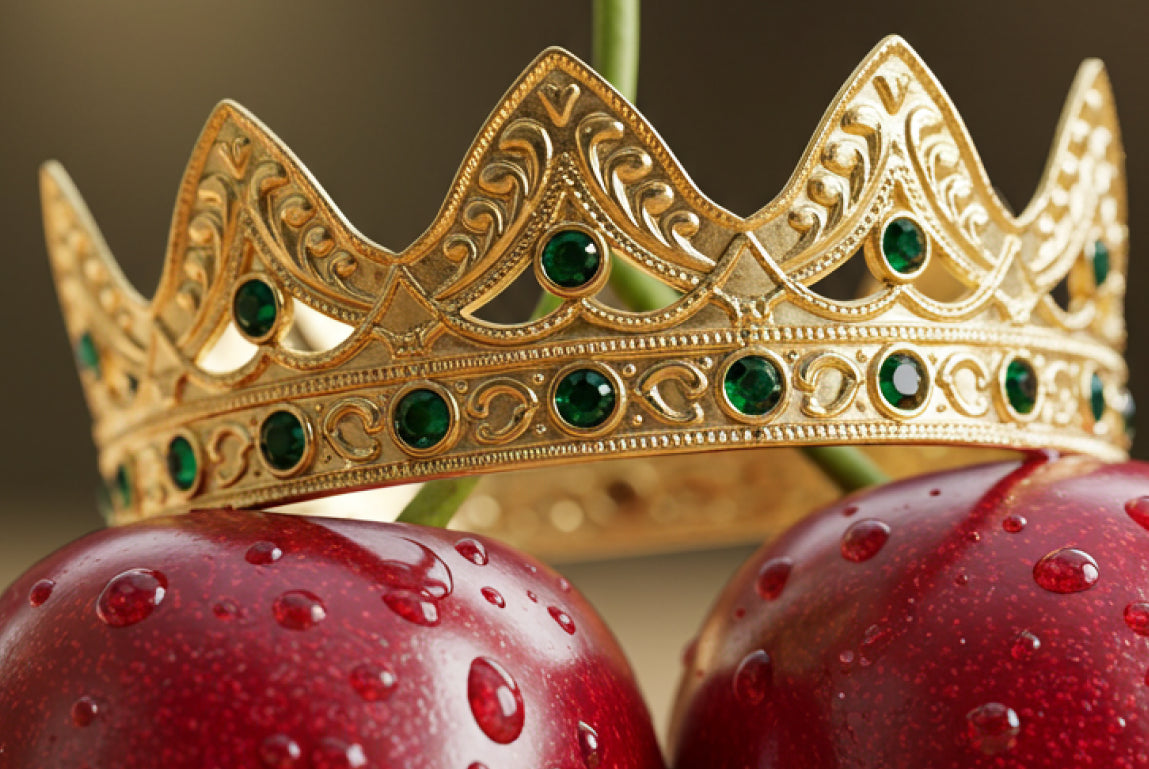

TABLE OF CONTENTS
Key Takeaways
Testicular health impacts fertility, testosterone, and overall well-being.
Monthly self-exams can help catch issues early.
Keep your balls cool, your diet balanced, and your stress in check.
Sexual activity actually benefits your testicles.
If you notice sudden changes, don’t wait to see a doctor.
Let’s talk balls. They dangle, they swing, they’ve got a job description that’s nothing short of legendary. But when was the last time you actually thought about your balls beyond making sure they’re tucked neatly into your underwear?
Your balls have probably been through a lot. From awkward middle school showers to questionable college hookups to grown-up stress, your testicles deserve more love than the occasional fondle during foreplay. This is your ultimate guide to testicular health: equal parts science, sass, and a reminder that those two little orbs deserve VIP treatment.
Meet the Dynamic Duo: What Your Balls Actually Do
Sure, they make sperm. But your balls are basically the understudies for your whole hormonal system. These little gonads are testosterone factories, sperm labs, and heat-sensitive divas that demand a perfectly chilled environment.
Think of them as the servers in a very busy restaurant. They’re always pumping out orders, sometimes backed up, sometimes overheated, but critical to the entire operation. Without them, the kitchen closes, and nobody’s happy.
The Big Ball Check: Why Self-Exams Are Sexy
Checking yourself isn’t just about flexing your responsible adult muscles. It’s about catching changes early. The earlier testicular cancer is found, the better the outcomes.
Here’s how to do it without turning it into a mood killer.
Best time? After a warm shower when your scrotum is relaxed.
Roll each testicle gently between your thumb and fingers.
Feel for lumps, bumps, or weird textures.
It should feel smooth, with the epididymis (that little tube along the back) being the only normal bump. Anything unusual? Time to call a doctor, not Dr. Google.
When One Ball’s Bigger Than the Other
Relax. Most of the time, one ball is bigger or hangs lower than the other. That’s nature’s way of preventing them from smashing together like clumsy cymbals. But sudden swelling, pain, or changes in size deserve a professional look.
Your balls don’t need to be twins. They just need to be healthy.
Testicular Health 101: Lifestyle Habits That Help
Taking care of your balls isn’t complicated, but it does require some commitment. Here are a few ball-friendly habits.
Keep Them Cool
Your balls hate saunas. Long hot tubs, laptops parked on your lap for hours, or tight jeans that double as a tourniquet can all mess with sperm production.
Eat Like You Care
A diet rich in antioxidants, zinc, and omega-3s helps boost both testosterone and sperm quality. Think leafy greens, salmon, nuts, and yes, dark chocolate counts as self-care.
Stay Active Without Crushing Them
Exercise boosts circulation and testosterone. But maybe don’t bike 50 miles a week without padded shorts unless you like numbness in your love department.
Stress Less
Cortisol, your stress hormone, can tank testosterone levels. Meditation, therapy, or even a little extra fun in the bedroom can help balance things out.
Ball Problems You Shouldn’t Ignore
Not everything that happens down there is a panic button, but here’s a list of things that should put you on alert.
Sudden pain or swelling
A lump or hard spot
Persistent ache or heaviness
Noticeable shrinking over time
Fertility struggles paired with other symptoms
Your balls might be tough, but they don’t bounce back from everything.
The Link Between Testosterone and Your Testicles
Your balls are the main source of testosterone production, which means they control more than just sperm. We’re talking muscle mass, energy, mood, and yes, erections. Low testosterone can show up as fatigue, low libido, weight gain, and even depression. If your balls aren’t firing on all cylinders, the rest of you feels it too.
That’s why supporting testicular health isn’t just about making babies. It’s about keeping your whole self thriving.
Sex and Testicular Health: A Match Made in Heaven
Good news: orgasms are actually good for your balls. Regular ejaculation helps keep things flowing, reduces the risk of prostate issues, and supports sperm health. Whether solo or with a partner, sexual activity is part of your ball-care routine.
And while we’re here, Popstar has you covered. Want to add intensity to your climax? Try Popstar Volume + Taste Supplement. Want to last longer while giving your balls the workout they deserve? Popstar Delay Spray has your back.
Ball Myths You Can Stop Believing
Boxers vs briefs: As long as your underwear isn’t strangling them, your balls don’t care.
No, masturbating doesn’t shrink your testicles.
Yes, vasectomies are safe and don’t rob you of your manhood.
And no, your balls don’t make a cracking sound like knuckles when you squeeze them. Please don’t test that theory.
Conclusion: Give Your Balls the Spotlight They Deserve
You only get one pair, so treat them right. Caring for your testicles means more than keeping them clean and occasionally admired in a mirror selfie. It’s about long-term health, hormonal balance, and yes, pleasure.
So next time you’re tempted to ignore your balls, remember: they’re not just along for the ride. They are the ride. Take care of them, and they’ll keep taking care of you.
FAQ: Testicular Health Edition
How often should I check my balls?
Once a month is the sweet spot. Make it part of your post-shower routine.
Do bigger balls mean more testosterone?
Not necessarily. Size doesn’t always equal function. Healthy function matters more than volume.
Can tight underwear ruin my sperm count?
Unless your underwear could double as a tourniquet, you’re probably fine. Long-term heat is more of an issue.
What age should I worry about testicular cancer?
It’s most common in men ages 15 to 35, but awareness matters at any age.
Do orgasms help or hurt testicular health?
They help. Regular ejaculation keeps things flowing and supports reproductive health.











